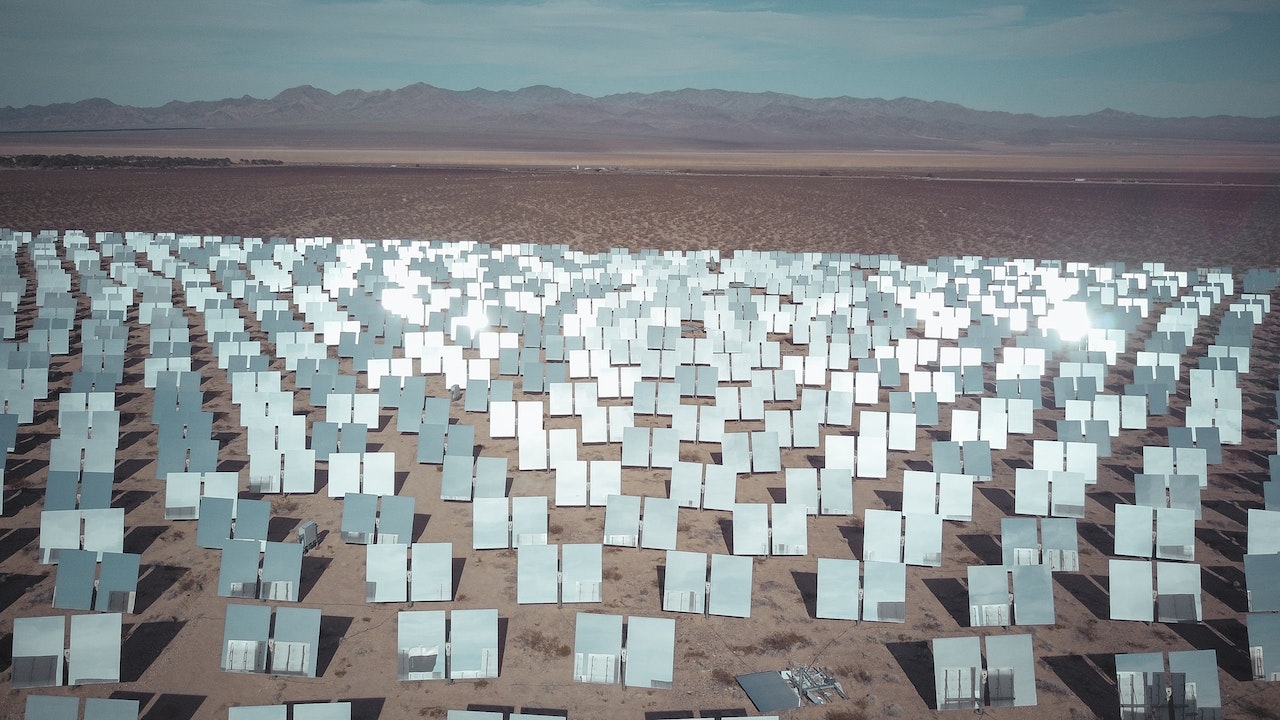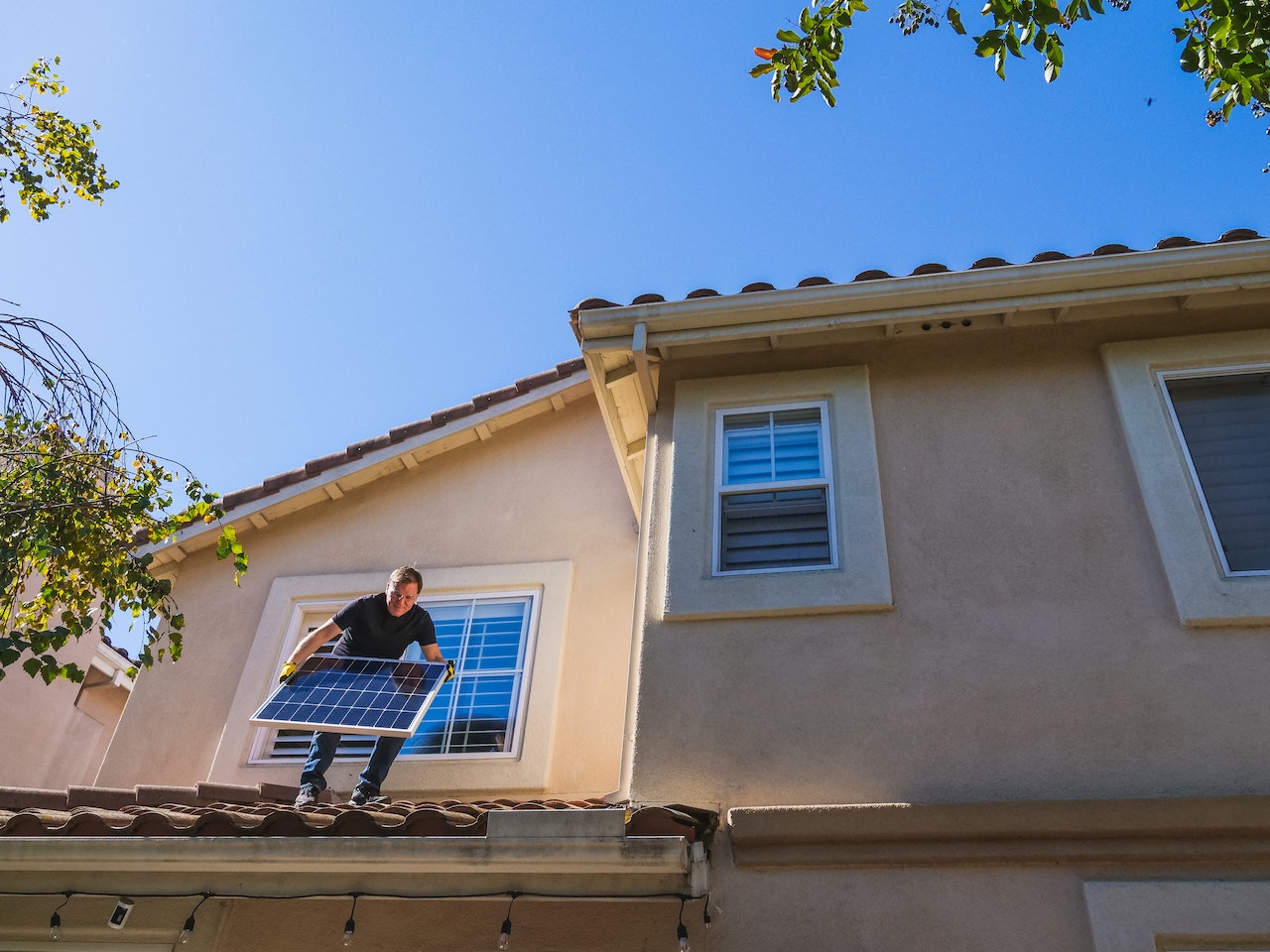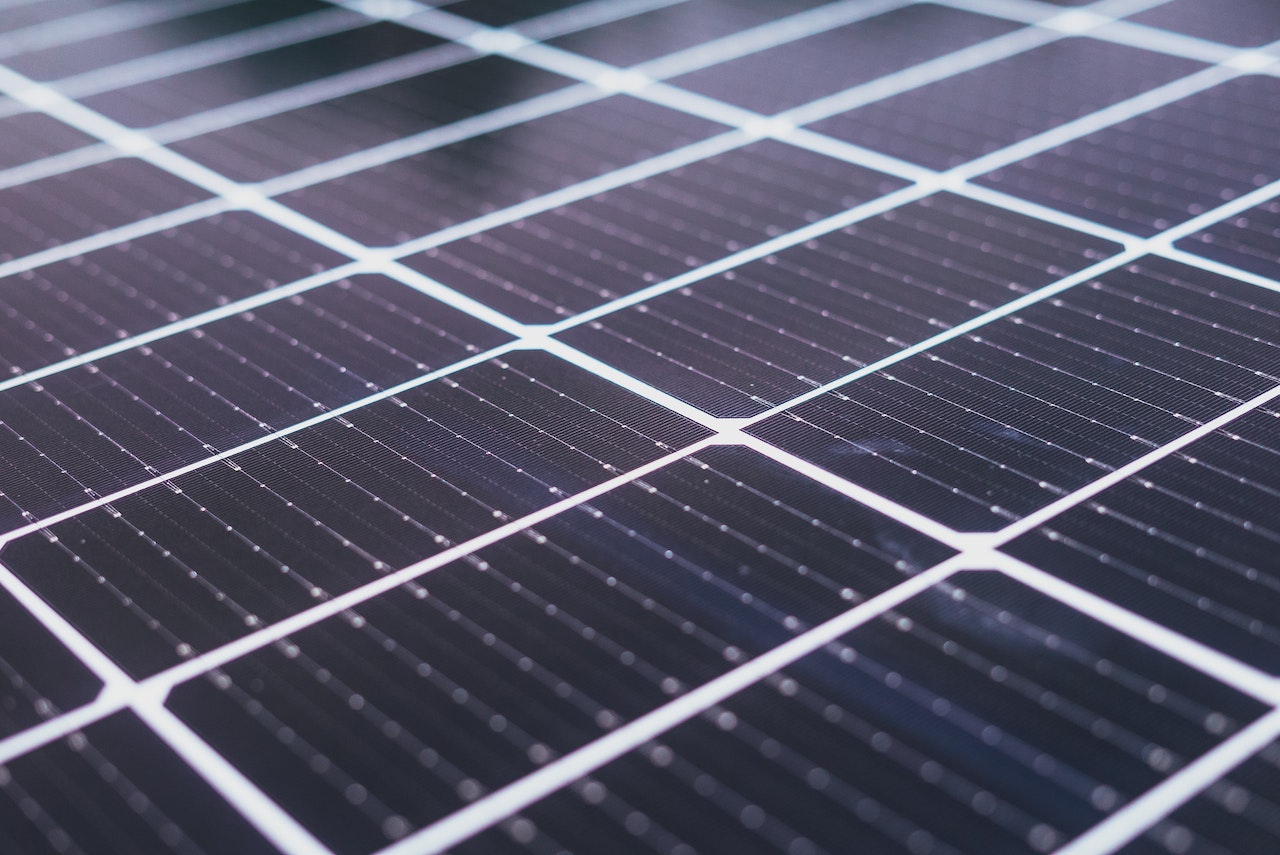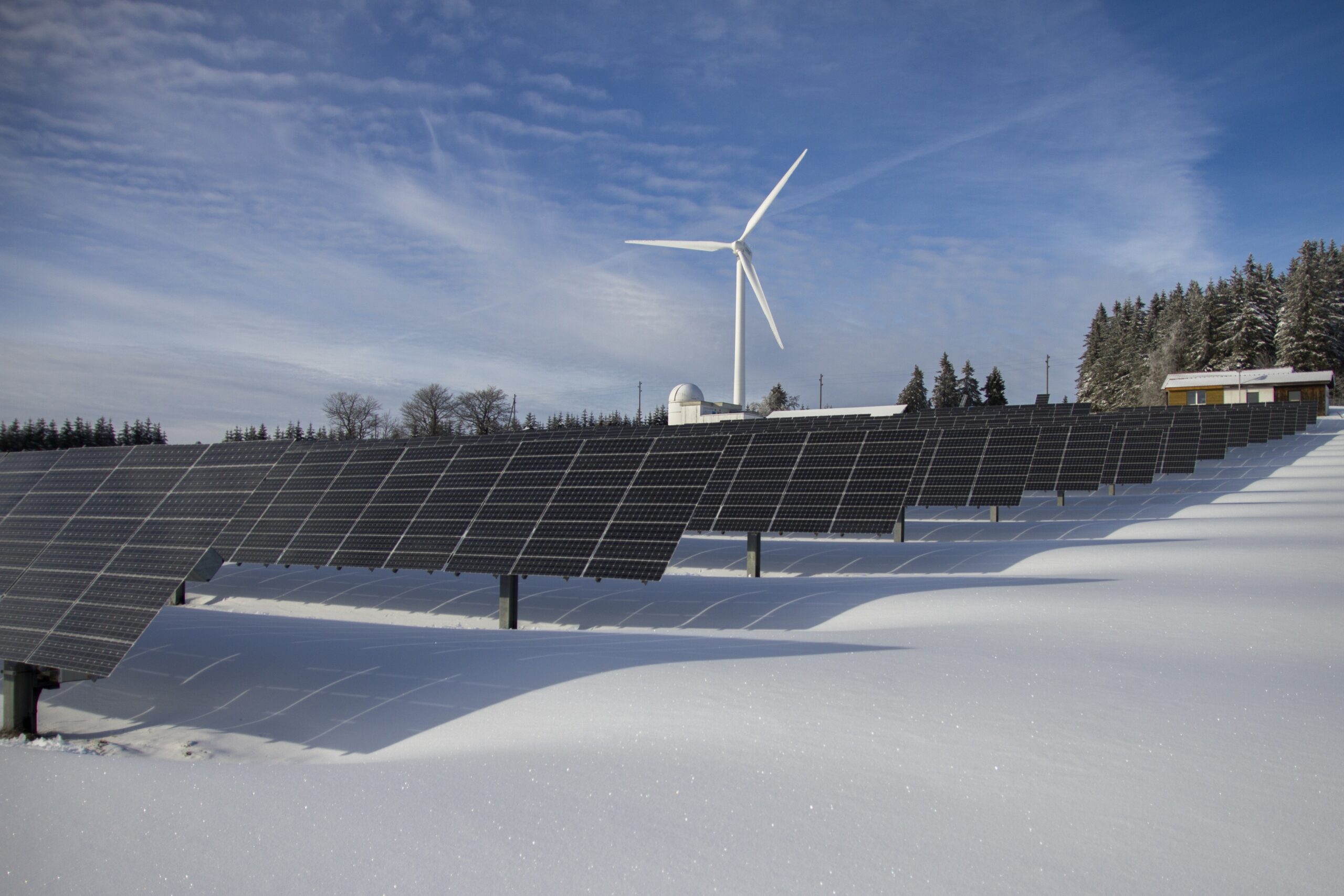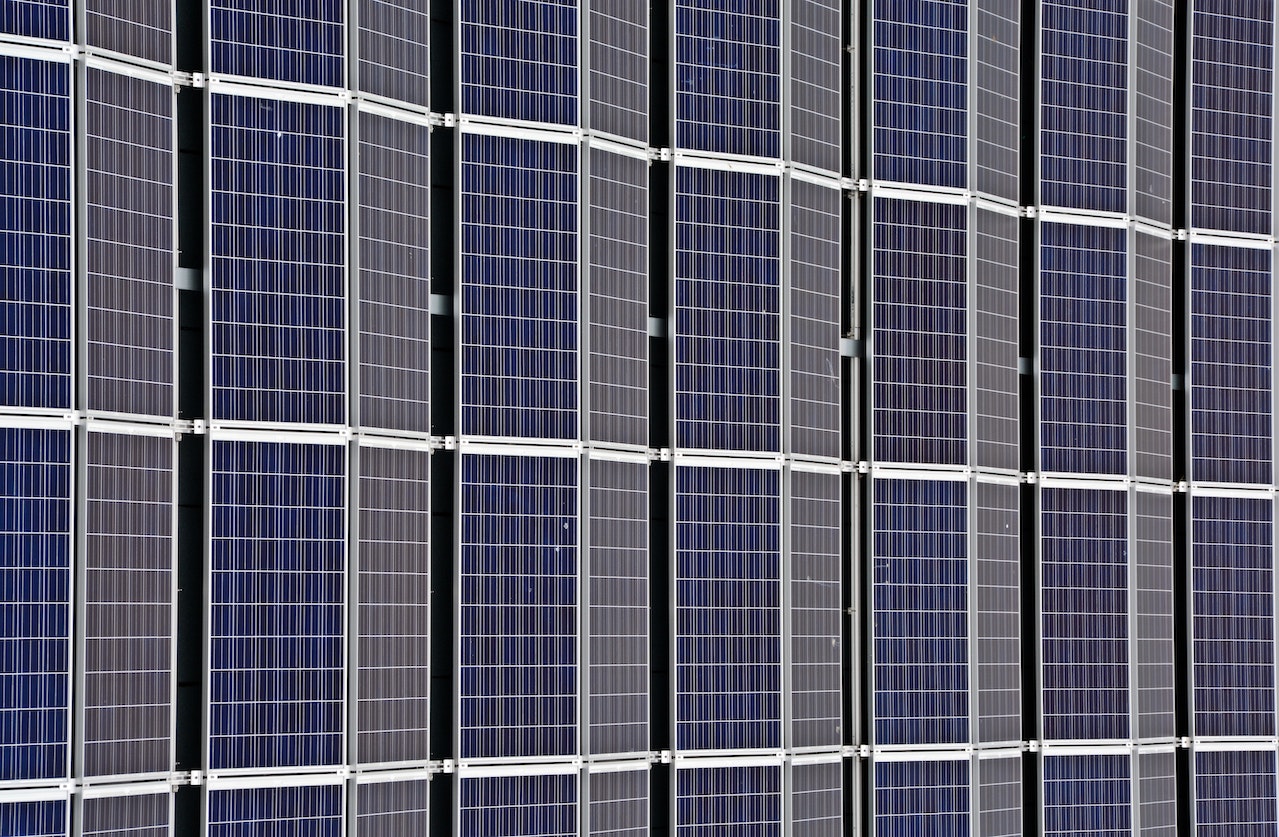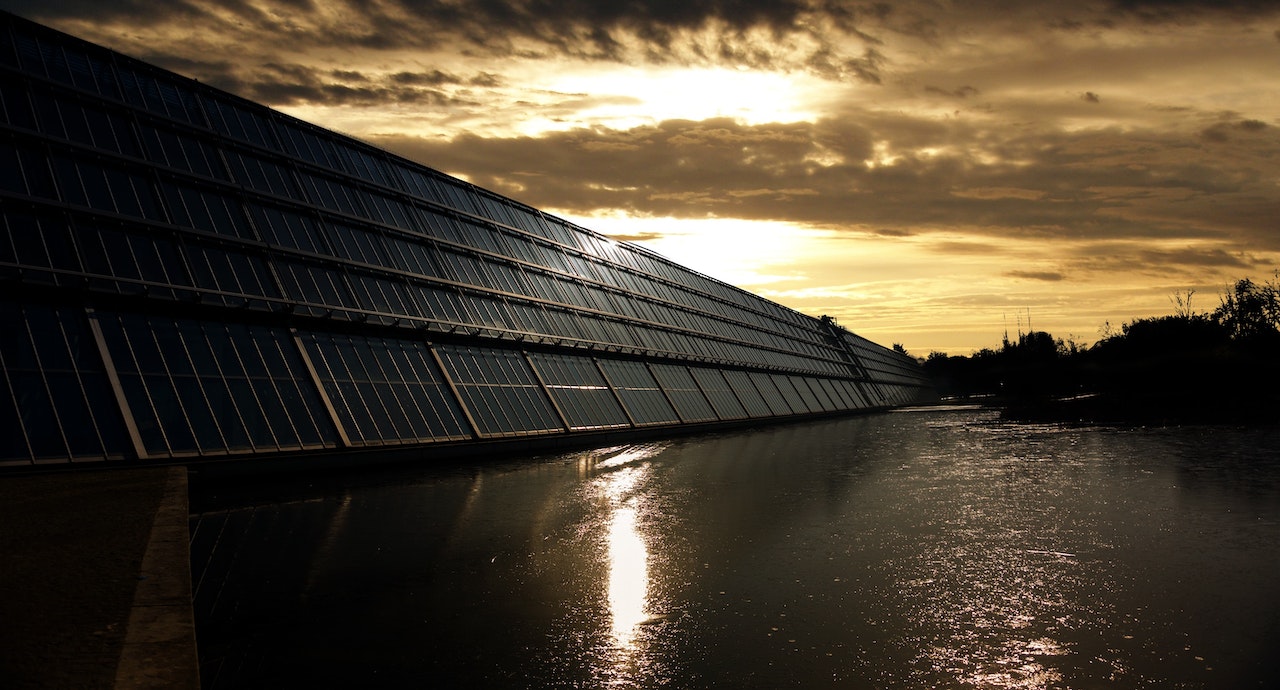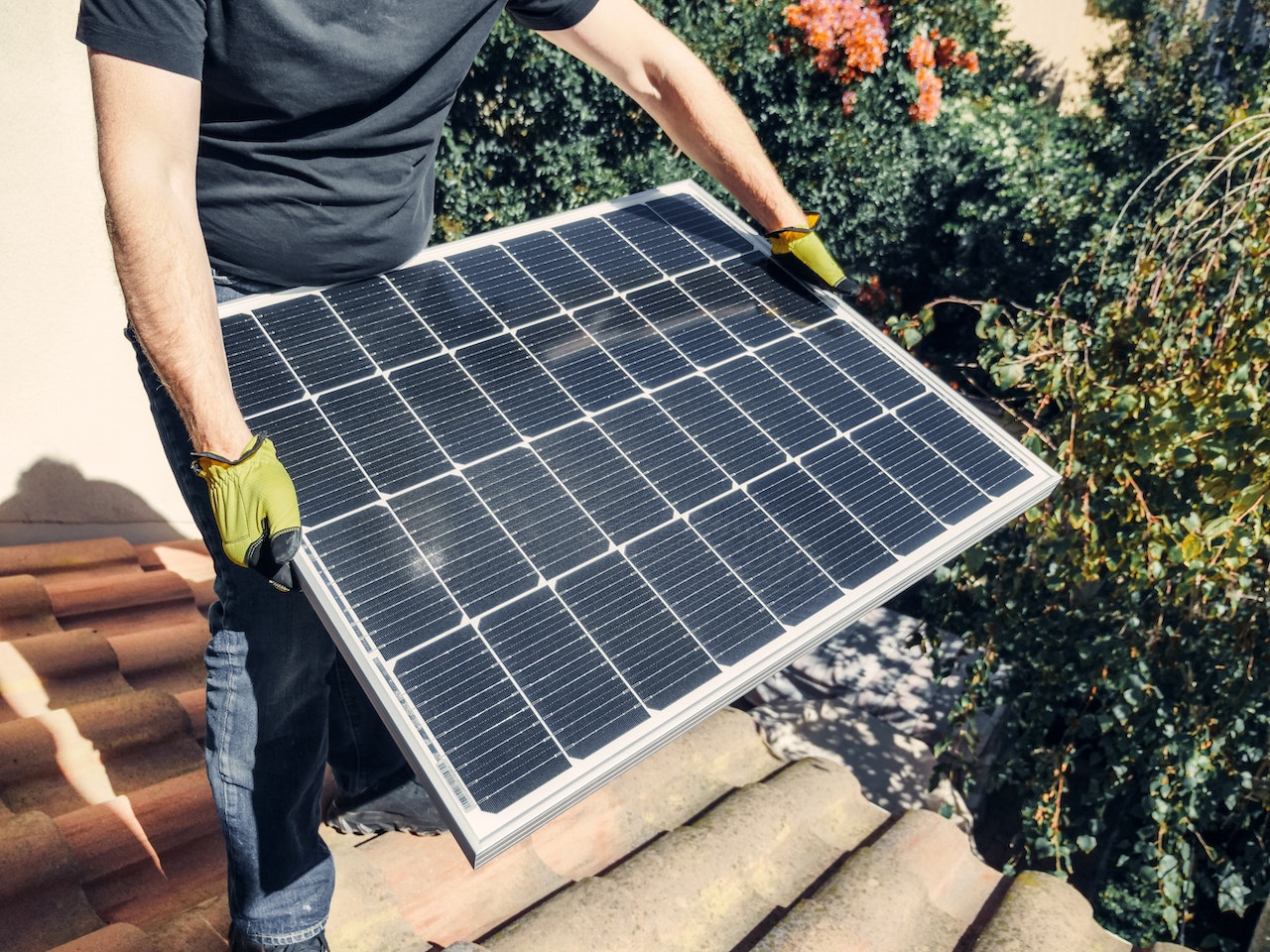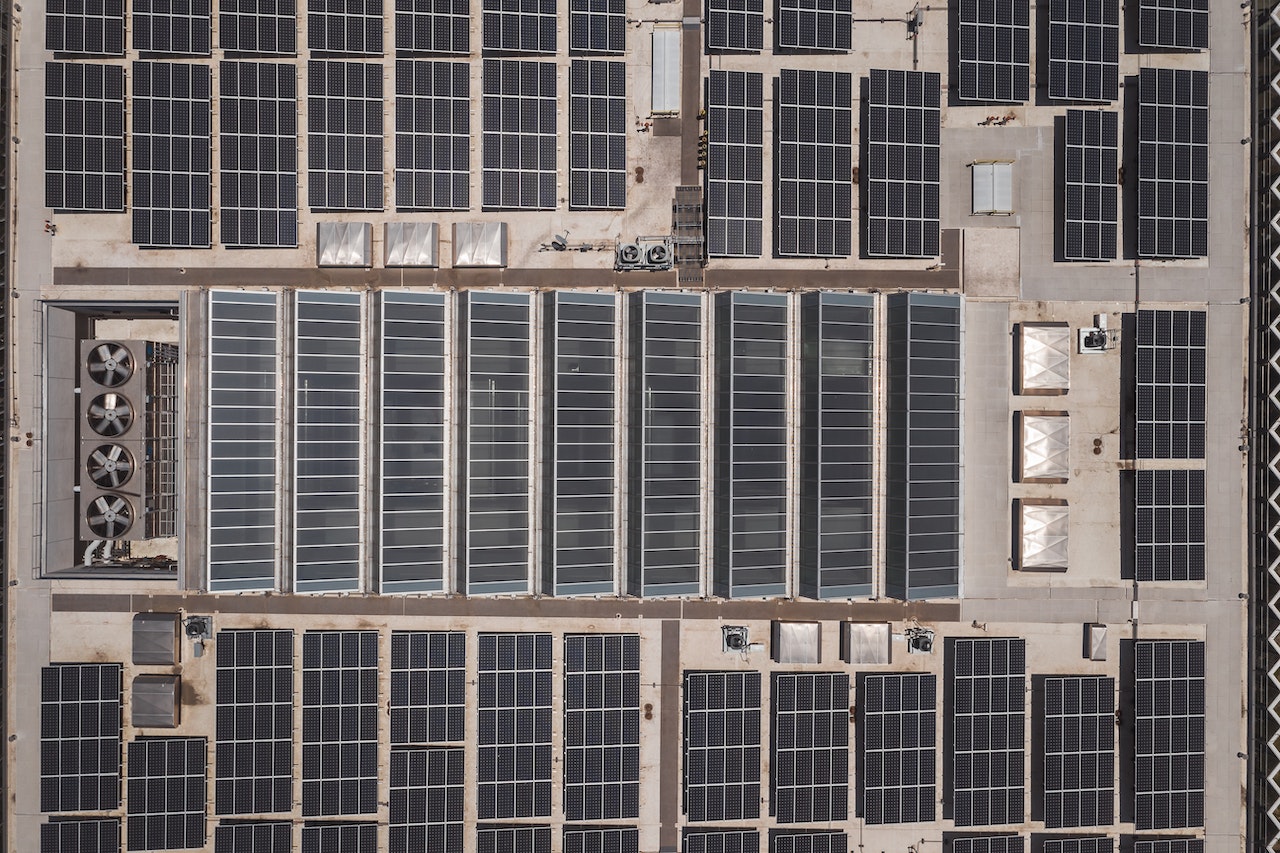
Solar Panels Vs. Tesla Solar Roof: What’s Best for Your Next Build?
Surety Bond Professionals is a family owned and operated bonding agency with over 30 years of experience. With access to a broad range of surety markets, our expert agents are ready to assist with all of your construction bond needs. What Is a Tesla Solar Roof? Most people are familiar with solar panels, but the Tesla solar roof—not so much. Although Tesla introduced the solar roof concept in 2016, potential clients who inquire about your ability to install a solar system probably are envisioning the usual solar panels installed on their roof or on the ground nearby. A Tesla solar roof is made of tempered glass panels instead of shingles. The glass panels capture solar energy and convert it to electricity. Advantages and Disadvantages of a Tesla Solar Roof A Tesla solar roof maintains the look and functionality of a traditional roof. The panels are not mounted on the roof; they are the roof. Every square inch of a solar roof captures solar energy. The downside is that homeowners can’t take their solar roof with them when they move, though a solar roof can increase the home’s value for potential buyers. In terms of generating electricity, a Tesla solar...
Read more